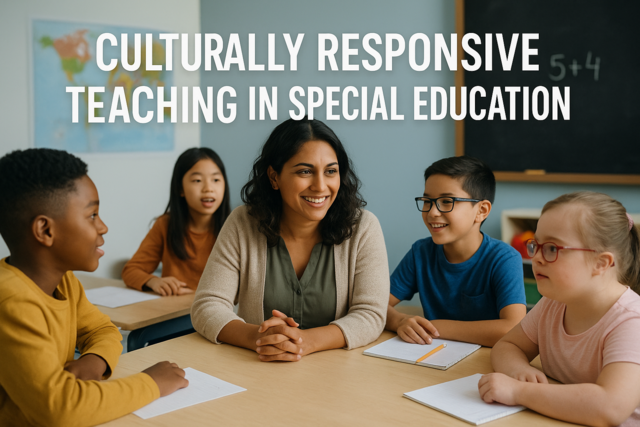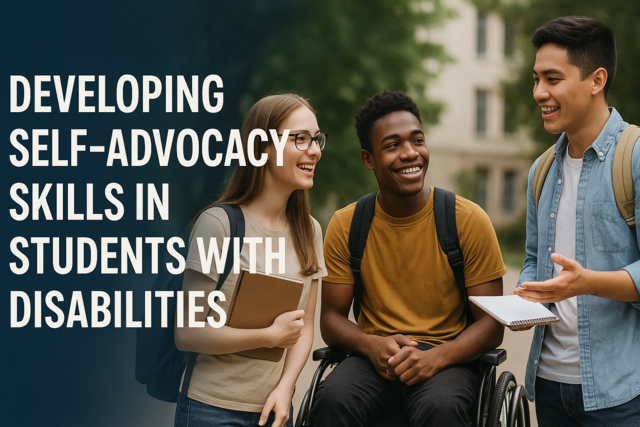Online Class: Managing Anxiety and Emotional Distress in Students
Equip yourself with techniques to recognize and alleviate student anxiety and emotional distress, promoting mental health in classrooms. The course provides insights into emotional regulation, offering educators actionable tools to enhance student emotional resilience.

$95.00
no certificate
no certificate
- OR -
$120.00
with CEU Certificate*
with CEU Certificate*
Start Right Now!
$120.00 (with CEU Certificate)
Taking multiple courses? Save with our platinum program.
-
15Lessons
-
22Exams &
Assignments -
6Hours
average time -
0.6CEUs
Course Description
Managing Anxiety and Emotional Distress in Students
- Completely Online
- Self-Paced
- 6 Months to Complete
- 24/7 Availability
- Start Anytime
- PC & Mac Compatible
- Android & iOS Friendly
- Accredited CEUs

Course Lessons
Lesson 1. Empowering Anxious Students
Anxiety in students, manifested in avoidance of class participation and in physical symptoms, highlights the need for empathy in learning spaces. Understanding and addressing anxiety can uncover students' true capabilities and promote a culture of support.Lesson 2. Emotions: Allies in Education
Recognizing the signs of emotional distress, such as behavioral changes and physical symptoms, is essential for educators and peers to provide timely support. Mindfulness practices and cognitive-behavioral techniques empower students to manage distress constructively, transforming emotional challenges into opportunities for personal growth.Lesson 3. Mindful Education: Crafting Emotional Resilience
The integration of mindfulness, creative expression, and technological tools in education fosters emotional resilience and stress management. By advocating for personal well-being practices, students gain lifelong skills to thrive academically and socially in an increasingly challenging world.Lesson 4. Navigating Academic and Social Pressure: Reducing Student Anxiety
Family dynamics, including supportiveness and expectations, play a crucial role in a student's mental health, potentially heightening anxiety levels. Recognizing these underlying issues facilitates collaboration between families and schools to support students' emotional resilience.Lesson 5. From Anxiety to Calm: The Power of Mindfulness in Academia
By implementing structured mindfulness programs, schools can prioritize mental well-being, equipping students with tools for emotional regulation and social engagement. Mindfulness combined with breathing techniques aids students in handling anxiety, refining focus, and promoting a positive mindset.Lesson 6. The Profound Impact of Resilience on Student Success: Unraveling Its Layers
Emotional intelligence is a critical pillar underpinning resilience in education, encompassing self-regulation, empathy, and social skills that buffer against stress and foster meaningful interpersonal connections. Through modern technological tools and empathetic teaching, emotional intelligence can be ingrained, offering students essential life skills.Lesson 7. Beat Anxiety with Movement
Aerobic exercises like running and cycling significantly lower anxiety by reducing stress hormones, while strength training fosters empowerment and resilience through neurochemical modulation. In schools, integrating varied physical activities into curricula supports mental clarity and nurtures a sense of community through teamwork and mindfulness exercises.Lesson 8. Decoding Emotional Dynamics: Recognizing and Responding to Student Cues for Enhanced Learning
Peering into students' verbal cues, such as tone and speech patterns, enables educators to detect underlying emotional challenges early, facilitating timely interventions. This proactive method ensures that students receive the support needed to thrive both academically and emotionally.Lesson 9. Enhancing Learning Through Emotional and Social Proficiency
The integration of emotional intelligence in education prepares students for a global society, fostering skills necessary for understanding diverse cultures. As emotional intelligence permeates educational curriculums, it fosters a generation of empathetic, resilient leaders equipped to tackle global challenges effectively.Lesson 10. Words that Heal: The Role of Communication in Student Wellness
Creating a nurturing and inclusive school-home network requires empathic communication and cultural sensitivity, allowing educators and parents to craft a resilient support system for students. This collaborative effort addresses emotional well-being, fostering personal growth and academic success for students.Lesson 11. Cognitive Behavioral Strategies for Emotional Resilience
Understanding the roots of anxiety and employing cognitive restructuring can significantly reduce stress among students. Techniques such as deep breathing and gradual exposure empower them to tackle anxiety by demystifying its triggers and reshaping their responses.Lesson 12. Relaxation Techniques Enhance Academic and Personal Success
Relaxation techniques play a pivotal role in cultivating resilience, improving focus, and enhancing emotional well-being, allowing students to navigate academic and life pressures with confidence. Practices like mindfulness and breathing exercises support better emotional regulation and cognitive performance, key to success in educational and professional endeavors.Lesson 13. Building a Balanced Relationship with Social Media
In today's digital world, the diversity of worldwide perspectives enriches students’ understanding but also tests their mental resilience against polarization and alienation. Education fosters digital literacy and empathy, preparing students to navigate social media with emotional intelligence and resilience.Lesson 14. Problem-Solving Skills: The Key to Emotional Resilience
Mindfulness practices combined with problem-solving techniques prepare students to face challenges calmly, enhancing focus and decreasing anxiety. This integrated approach builds a resilient mindset, promoting emotional stability in academic and personal contexts.Lesson 15. Empowering Student Well-being
Schools are crucial in supporting students' emotional well-being, utilizing counselors and peer programs to help manage anxiety and stress. By fostering an inclusive environment and leveraging technology, schools equip students with resilience and essential life skills.
Learning Outcomes
By successfully completing this course, students will be able to:
- Demonstrate effective management strategies, including flexible teaching methods and mindfulness practices, to support students with anxiety and create a more inclusive learning environment.
- Recognize and categorize the different types of anxiety experienced by students, such as Generalized Anxiety Disorder and Social Anxiety Disorder, and describe their distinct symptoms and impacts on academic performance.
- Define and differentiate between natural emotions and emotional distress by analyzing their context, intensity, and duration.
- Demonstrate effective mindfulness techniques to manage emotional distress, such as deep breathing and journaling, by practicing these strategies in simulated scenarios.
- Define mindfulness and demonstrate its application in educational settings by engaging in daily reflective journaling and mindful movement exercises.
- Identify and practice techniques for managing classroom stress, such as calming breaks, sensory activities, and positive affirmations, to enhance emotional regulation and academic performance.
- Demonstrate the ability to apply at least two anxiety management techniques, such as mindfulness or time management, in a classroom or personal academic setting.
- Recognize and describe at least three primary factors contributing to student anxiety, using specific examples from academic, social, and familial contexts.
- Define mindfulness and describe how it can be used to manage stress and anxiety in academic settings.
- Demonstrate the application of at least two mindfulness techniques for stress relief and evaluate their effectiveness in personal practice.
- Demonstrate strategies such as mindfulness and social-emotional learning that enhance resilience, improving students' emotional regulation and academic performance.
- Define resilience in education and describe its impact on students' ability to manage academic stress and anxiety.
- Define the relationship between physical activity and anxiety reduction by identifying the neurochemical changes that occur in the brain during exercise.
- Demonstrate mastery of lesson content at levels of 70% or higher.
Additional Course Information

- Document Your Lifelong Learning Achievements
- Earn an Official Certificate Documenting Course Hours and CEUs
- Verify Your Certificate with a Unique Serial Number Online
- View and Share Your Certificate Online or Download/Print as PDF
- Display Your Certificate on Your Resume and Promote Your Achievements Using Social Media

Course Title:
Managing Anxiety and Emotional Distress in Students
Course Number:
57700613
Languages:
English - United States, Canada and other English speaking countries
Availability:
Available across all 50 U.S. states, this course includes key regions such as California, Texas, Florida, New York, Pennsylvania, Illinois, Ohio, and Georgia. The course is also open in major English-speaking countries, including Australia, Canada, the UK, and Ireland.
Last Updated:
January 2025
CEU Value:
0.6 CEUs (Continuing Education Units)
Grading Policy:
Earn a final grade of 70% or higher for successful completion.
Course Type:
Curriculum-Based, Online Class
Instructional Method:
Self-Paced, Asynchronous
Assessment Method:
End of lesson review exams and course final exam
Course Fee:
$120.00
Choose Your Subscription Plan
Course Only
One Course
No Certificate / No CEUs
No Certificate / No CEUs
$95
for 6 months
Billed once
This course only
This course only
| Includes certificate | X |
| Includes CEUs | X |
| Self-paced |

|
| Instructor support |

|
| Time to complete | 6 months |
| No. of courses | 1 course |
Certificate Course
One Course
Certificate & CEUs
Certificate & CEUs
$120
for 6 months
Billed once
This course only
This course only
| Includes certificate |

|
| Includes CEUs |

|
| Self-paced |

|
| Instructor support |

|
| Time to complete | 6 months |
| No. of courses | 1 course |
Platinum Yearly
ALL COURSES
Certificates & CEUs
Certificates & CEUs
$189
per year
Billed once
Includes all 600+ courses
Includes all 600+ courses
| Includes certificate |

|
| Includes CEUs |

|
| Self-paced |

|
| Instructor support |

|
| Time to complete | 12 Months |
| No. of courses | 600+ |
Platinum 2 Years
ALL COURSES
Certificates & CEUs
Certificates & CEUs
$299
for 2 years
You save $79.00!
Billed once
Includes all 600+ courses
Includes all 600+ courses
| Includes certificate |

|
| Includes CEUs |

|
| Self-paced |

|
| Instructor support |

|
| Time to complete | 24 Months |
| No. of courses | 600+ |
Related Courses
-
 5 hours
0.5 CEUs
Metaphysical Realms: A Journey Beyond
+ More Info
5 hours
0.5 CEUs
Metaphysical Realms: A Journey Beyond
+ More Info
-
 7 hours
0.7 CEUs
Mysteries of the Unexplained
+ More Info
7 hours
0.7 CEUs
Mysteries of the Unexplained
+ More Info
-
 5 hours
0.5 CEUs
Footprint of Fashion: Trends Shaping Modern Luxury Brands
+ More Info
5 hours
0.5 CEUs
Footprint of Fashion: Trends Shaping Modern Luxury Brands
+ More Info
-
 7 hours
0.7 CEUs
Advanced PowerPoint Presentation Skills
+ More Info
7 hours
0.7 CEUs
Advanced PowerPoint Presentation Skills
+ More Info
-
 3 hours
0.3 CEUs
Beyond the Veil: Mysteries of Life After Death
+ More Info
3 hours
0.3 CEUs
Beyond the Veil: Mysteries of Life After Death
+ More Info
-
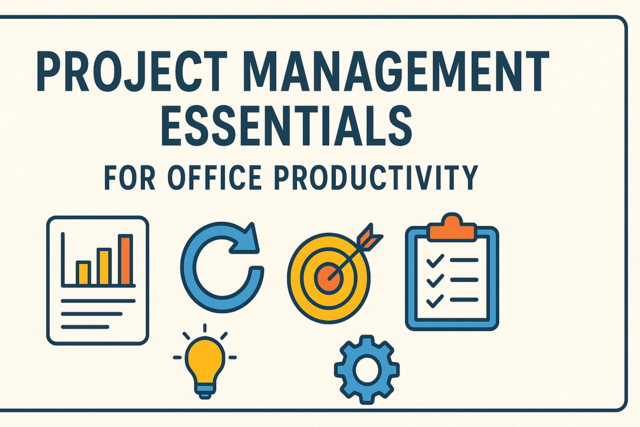 4 hours
0.4 CEUs
Project Management Essentials for Office Productivity
+ More Info
4 hours
0.4 CEUs
Project Management Essentials for Office Productivity
+ More Info
-
 5 hours
0.5 CEUs
Harnessing the Power of Feedback
+ More Info
5 hours
0.5 CEUs
Harnessing the Power of Feedback
+ More Info
-
 3 hours
0.3 CEUs
Agile and Scrum Fundamentals
+ More Info
3 hours
0.3 CEUs
Agile and Scrum Fundamentals
+ More Info
-
 6 hours
0.6 CEUs
Creating a Work-Life Balance
+ More Info
6 hours
0.6 CEUs
Creating a Work-Life Balance
+ More Info
-
 7 hours
0.7 CEUs
Modern Mindfulness: Being Present in an Age of Distraction
+ More Info
7 hours
0.7 CEUs
Modern Mindfulness: Being Present in an Age of Distraction
+ More Info
-
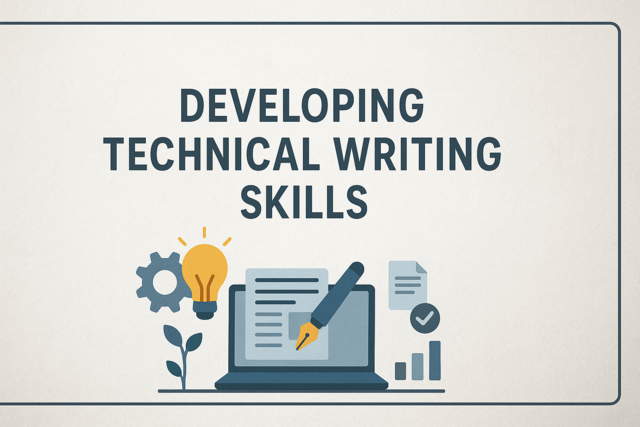 3 hours
0.3 CEUs
Developing Technical Writing Skills
+ More Info
3 hours
0.3 CEUs
Developing Technical Writing Skills
+ More Info
-
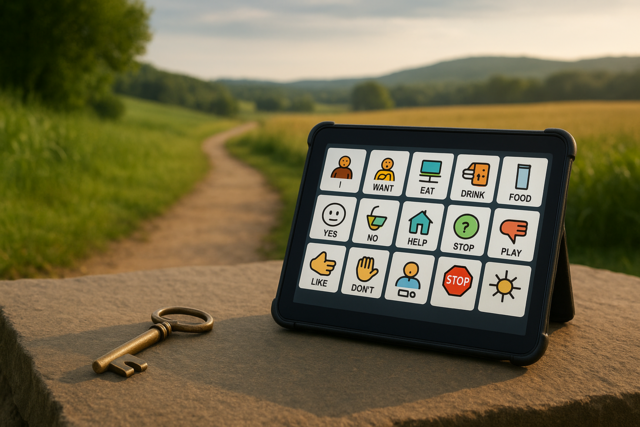 6 hours
0.6 CEUs
Assistive Communication Devices: Maximizing Potential
+ More Info
6 hours
0.6 CEUs
Assistive Communication Devices: Maximizing Potential
+ More Info
-
 4 hours
0.4 CEUs
Energy Medicine: Harnessing Your Body's Power
+ More Info
4 hours
0.4 CEUs
Energy Medicine: Harnessing Your Body's Power
+ More Info
-
 7 hours
0.7 CEUs
Designing Interdisciplinary Curricula
+ More Info
7 hours
0.7 CEUs
Designing Interdisciplinary Curricula
+ More Info
-
 4 hours
0.4 CEUs
Global Competence in a Changing World
+ More Info
4 hours
0.4 CEUs
Global Competence in a Changing World
+ More Info
-
 6 hours
0.6 CEUs
The New Chic: Redefining Urban Elegance
+ More Info
6 hours
0.6 CEUs
The New Chic: Redefining Urban Elegance
+ More Info
-
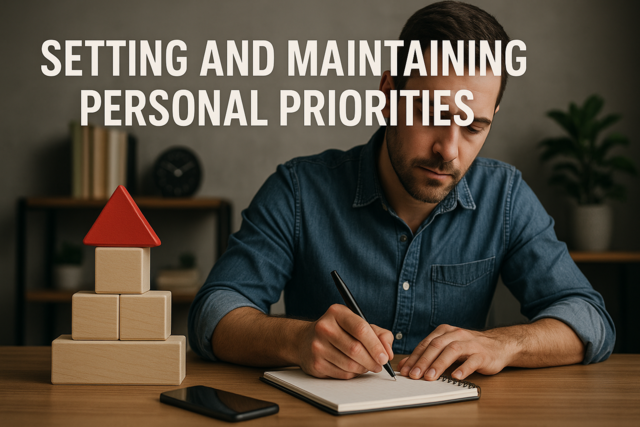 5 hours
0.5 CEUs
Setting and Maintaining Personal Priorities
+ More Info
5 hours
0.5 CEUs
Setting and Maintaining Personal Priorities
+ More Info
-
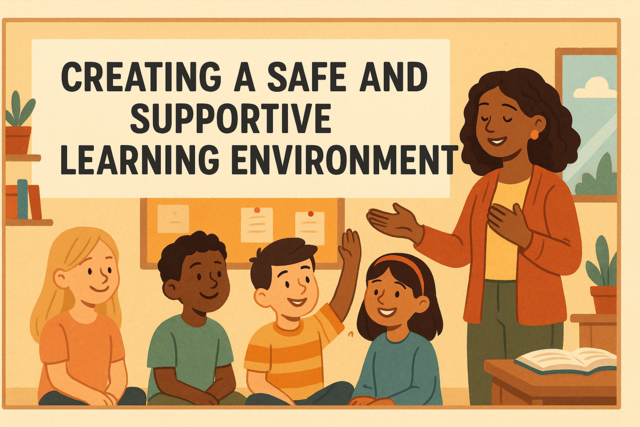 5 hours
0.5 CEUs
Creating a Safe and Supportive Learning Environment
+ More Info
5 hours
0.5 CEUs
Creating a Safe and Supportive Learning Environment
+ More Info
-
 4 hours
0.4 CEUs
Enhancing Student Engagement and Motivation
+ More Info
4 hours
0.4 CEUs
Enhancing Student Engagement and Motivation
+ More Info
-
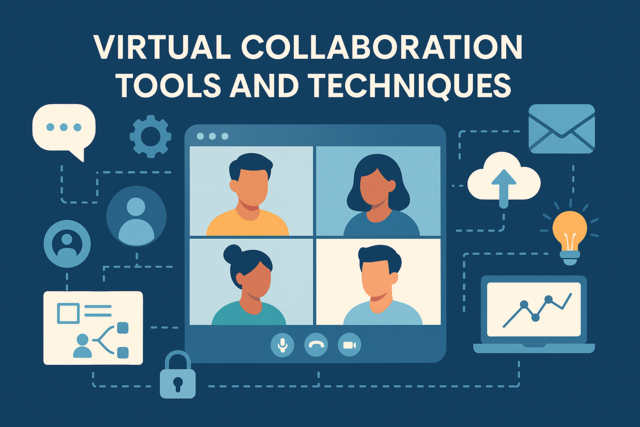 5 hours
0.5 CEUs
Virtual Collaboration Tools and Techniques
+ More Info
5 hours
0.5 CEUs
Virtual Collaboration Tools and Techniques
+ More Info
-
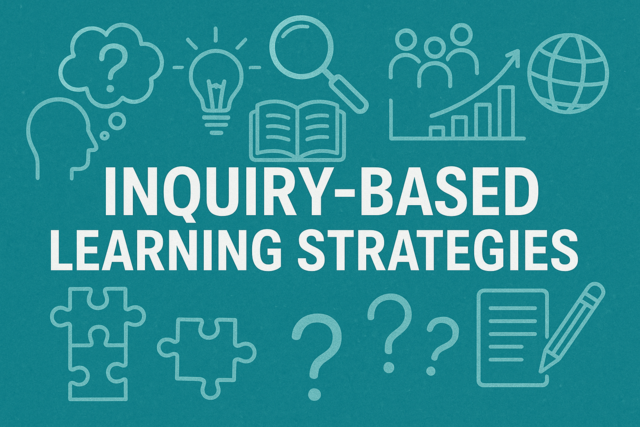 5 hours
0.5 CEUs
Inquiry-Based Learning Strategies
+ More Info
5 hours
0.5 CEUs
Inquiry-Based Learning Strategies
+ More Info
-
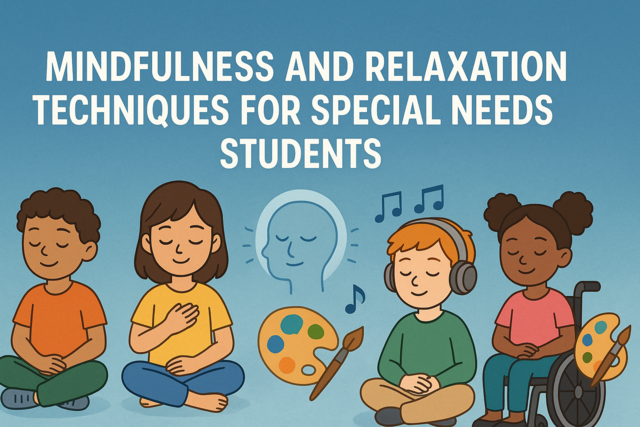 6 hours
0.6 CEUs
Mindfulness and Relaxation Techniques for Special Needs Students
+ More Info
6 hours
0.6 CEUs
Mindfulness and Relaxation Techniques for Special Needs Students
+ More Info
-
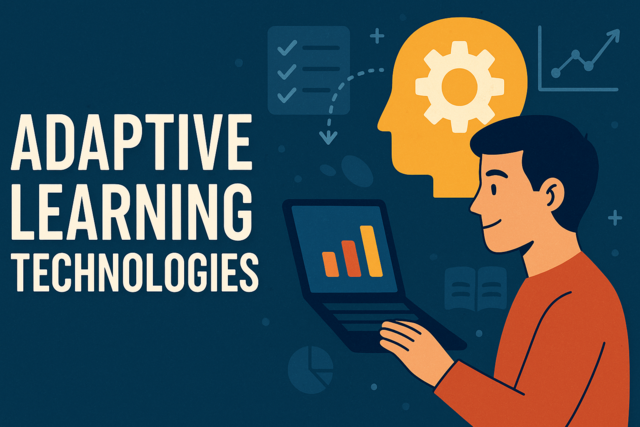 6 hours
0.6 CEUs
Adaptive Learning Technologies
+ More Info
6 hours
0.6 CEUs
Adaptive Learning Technologies
+ More Info
-
 3 hours
0.3 CEUs
Creating and Maintaining Personal Boundaries
+ More Info
3 hours
0.3 CEUs
Creating and Maintaining Personal Boundaries
+ More Info
-
 7 hours
0.7 CEUs
Integrating Arts into the Curriculum
+ More Info
7 hours
0.7 CEUs
Integrating Arts into the Curriculum
+ More Info
-
 3 hours
0.3 CEUs
Positive Reinforcement Techniques for Special Educators
+ More Info
3 hours
0.3 CEUs
Positive Reinforcement Techniques for Special Educators
+ More Info
-
 7 hours
0.7 CEUs
Trauma Typologies: Exploring Varieties of Psychological Wounds
+ More Info
7 hours
0.7 CEUs
Trauma Typologies: Exploring Varieties of Psychological Wounds
+ More Info
-
 4 hours
0.4 CEUs
The Love Language Challenge: Transform Your Relationship
+ More Info
4 hours
0.4 CEUs
The Love Language Challenge: Transform Your Relationship
+ More Info
-
 5 hours
0.5 CEUs
Cosmic Anomalies: Unraveling Unsolved Astronomical Phenomenon
+ More Info
5 hours
0.5 CEUs
Cosmic Anomalies: Unraveling Unsolved Astronomical Phenomenon
+ More Info
-
 6 hours
0.6 CEUs
Modern Tribes: Building Supportive Friend Circles
+ More Info
6 hours
0.6 CEUs
Modern Tribes: Building Supportive Friend Circles
+ More Info
-
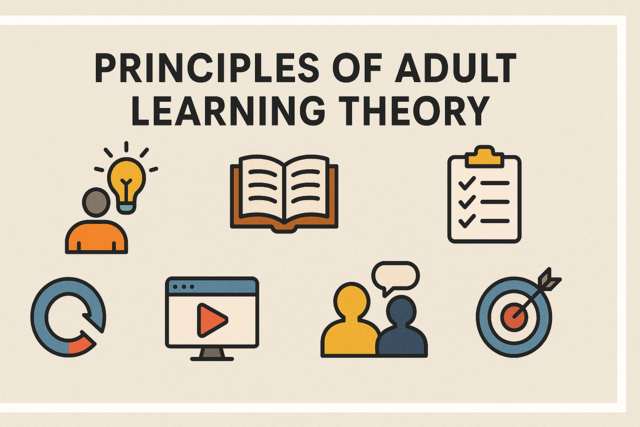 4 hours
0.4 CEUs
Principles of Adult Learning Theory
+ More Info
4 hours
0.4 CEUs
Principles of Adult Learning Theory
+ More Info
-
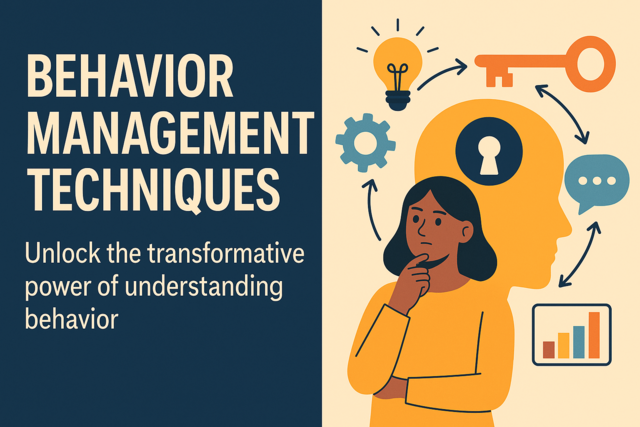 6 hours
0.6 CEUs
Behavior Management Techniques
+ More Info
6 hours
0.6 CEUs
Behavior Management Techniques
+ More Info
-
 6 hours
0.6 CEUs
Supporting Students with Special Needs
+ More Info
6 hours
0.6 CEUs
Supporting Students with Special Needs
+ More Info
-
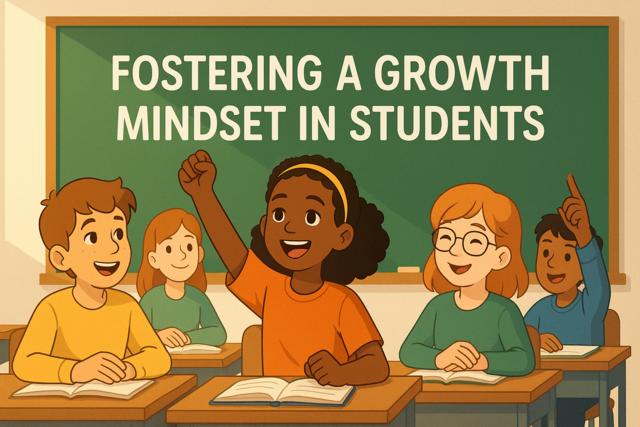 6 hours
0.6 CEUs
Fostering a Growth Mindset in Students
+ More Info
6 hours
0.6 CEUs
Fostering a Growth Mindset in Students
+ More Info
-
 5 hours
0.5 CEUs
Inclusive Sports and Physical Education for Special Needs
+ More Info
5 hours
0.5 CEUs
Inclusive Sports and Physical Education for Special Needs
+ More Info
-
 5 hours
0.5 CEUs
The Strangeness of Human Consciousness
+ More Info
5 hours
0.5 CEUs
The Strangeness of Human Consciousness
+ More Info
-
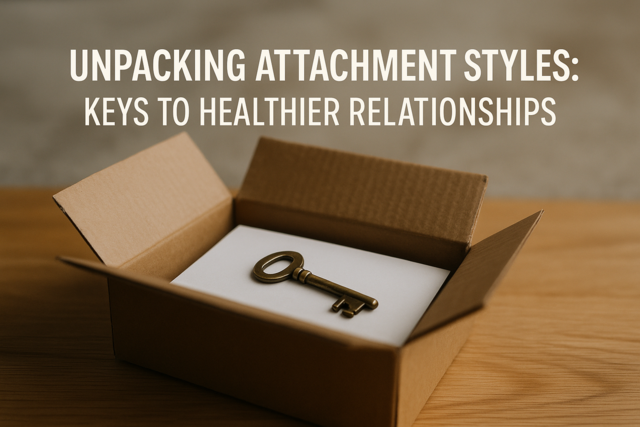 3 hours
0.3 CEUs
Unpacking Attachment Styles: Keys to Healthier Relationships
+ More Info
3 hours
0.3 CEUs
Unpacking Attachment Styles: Keys to Healthier Relationships
+ More Info
-
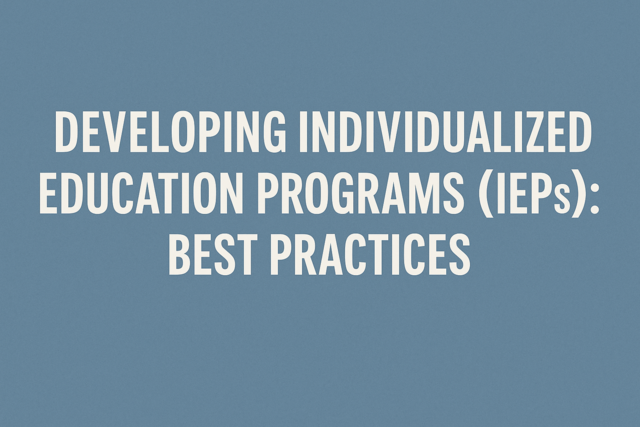 4 hours
0.4 CEUs
Developing Individualized Education Programs (IEPs): Best Practices
+ More Info
4 hours
0.4 CEUs
Developing Individualized Education Programs (IEPs): Best Practices
+ More Info
-
 4 hours
0.4 CEUs
Sales Skills and Strategies
+ More Info
4 hours
0.4 CEUs
Sales Skills and Strategies
+ More Info


